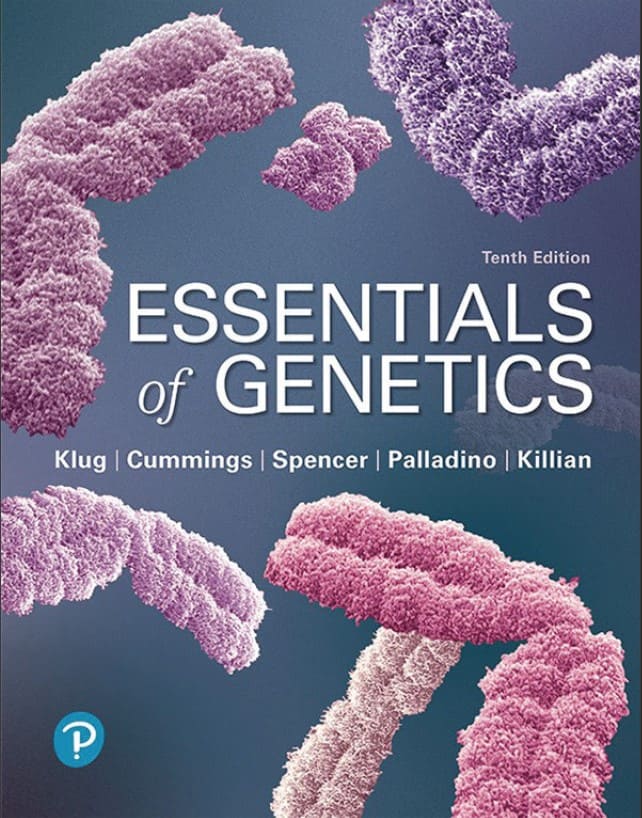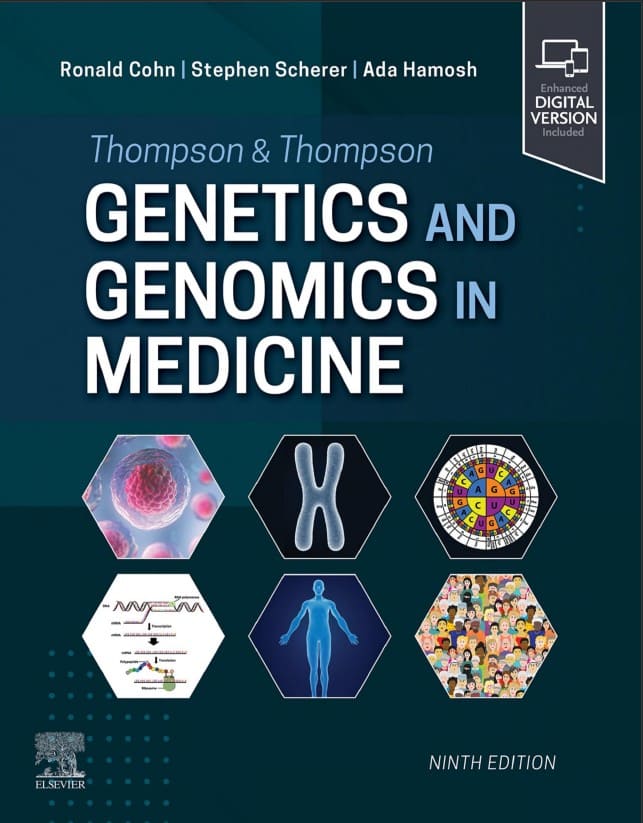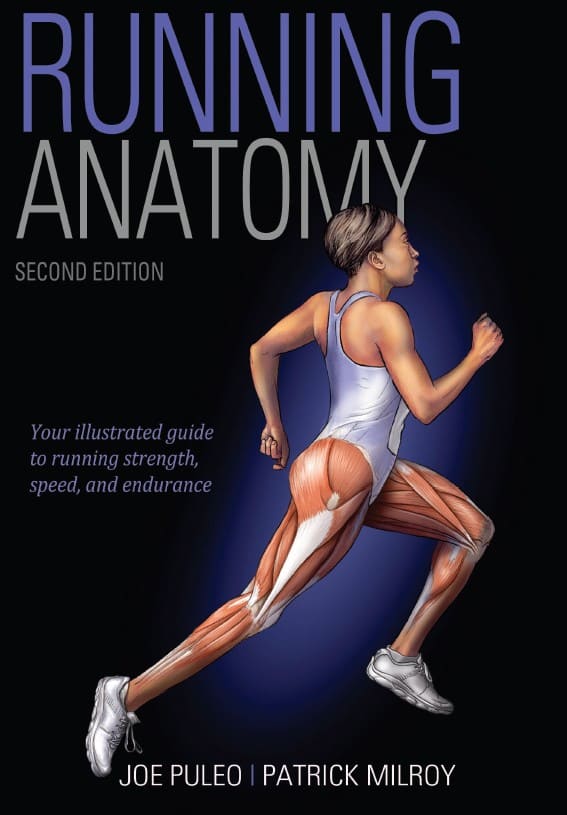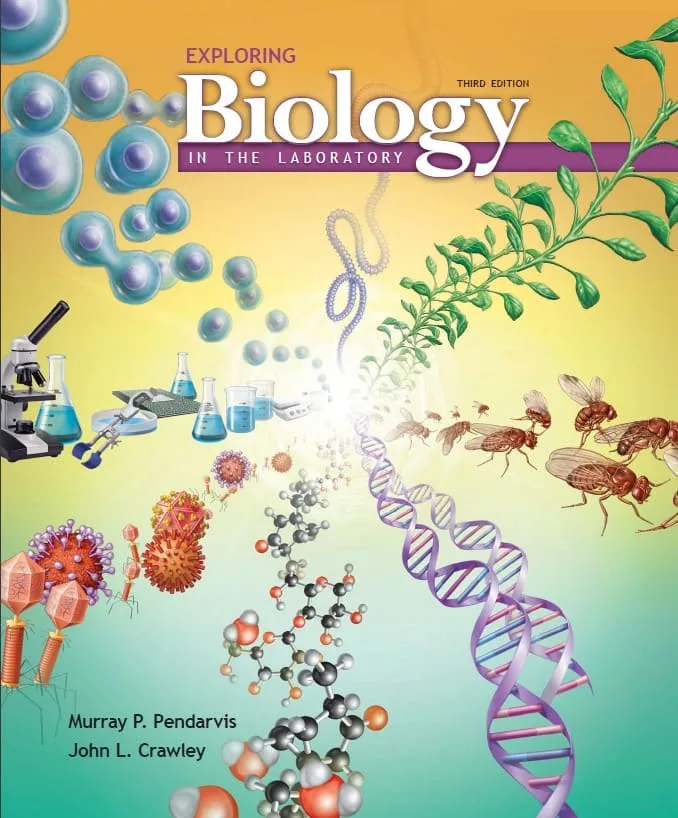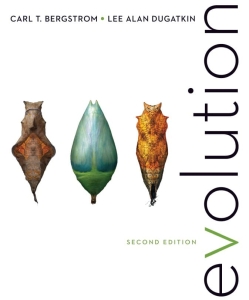 Explore Evolution (2nd edition) by Carl T. Bergstrom & Lee Alan Dugatkin.
Explore Evolution (2nd edition) by Carl T. Bergstrom & Lee Alan Dugatkin.
This textbook integrates key themes in evolutionary biology—phylogenetics and population thinking—in a manner that is both up-to-date and accessible. It features extensive, in-depth research examples, a focus on problem-solving, and an impressive art program designed to engage students and aid their understanding of fundamental concepts and processes. Key features include:
- Extensive coverage of phylogenetics, introduced in Chapter 1 through engaging examples that highlight the power of phylogenetic thinking. In Chapter 4, Phylogeny and Evolutionary History, and Chapter 5, Inferring Phylogeny, students learn to interpret and construct trees that generate testable hypotheses about evolutionary history and assess the relatedness of living organisms. This robust foundation in phylogenetic reasoning is then integrated into nearly every subsequent chapter.
- Fundamental concepts are explored through the lenses of phylogenetics and population thinking, reinforced by current research examples, many from the past decade. Examples include Chapter 3’s detailed examination of Hopi Hoekstra’s work on natural selection, cryptic coloration, and the Mc1R and Agouti genes in oldfield mice (Peromyscus polionotus), Chapter 11’s discussion of Jack Szostak’s research on lipid membranes and early cellular reproduction, and Chapter 19’s insights into genetic evidence of interbreeding between humans and both Neanderthals and Denisovans, which has significantly revised our understanding of human evolutionary history.
- Significant coverage of contemporary topics such as genomics, evo–devo, molecular evolution, and human evolution is provided, including full chapters on subjects like Genome Evolution (Chapter 10), Evolution and Development (Chapter 13), Coevolution (Chapter 18), Human Evolution (Chapter 19), and Evolution and Medicine (Chapter 20).
- An in-depth focus on selected research studies in each chapter offers a comprehensive understanding of how evolutionary biologists derive specific concepts. These examples balance classic and contemporary studies to illustrate the discussed concepts most effectively.
- A meticulously developed art program enhances the understanding of key concepts by engaging students visually and providing the appropriate level of detail to complement the text.
Contents
Part I: Foundations of Evolutionary Biology
- An Overview of Evolutionary Biology
- Early Evolutionary Ideas and Darwin’s Insight
- Natural Selection
- Phylogeny and Evolutionary History
- Inferring Phylogeny
Part II: Evolutionary Genetics
- Transmission Genetics and the Sources of Genetic Variation
- The Genetics of Populations
- Evolution in Finite Populations
- Evolution at Multiple Loci
- Genome Evolution
Part III: The History of Life
- The Origin and Evolution of Early Life
- Major Transitions
- Evolution and Development
- Species and Speciation
- Extinction and Evolutionary Trends
Part IV: Evolutionary Interactions
- Sex and Sexual Selection
- The Evolution of Sociality
- Coevolution
- Human Evolution
- Evolution and Medicine
Explore Evolution (2nd edition) by Carl T. Bergstrom & Lee Alan Dugatkin in pdf.
Password: biology.com.pk
File Size: 72.7 MB. Pages: 891. Instructions. Kindly read the disclaimer.
You can also purchase Evolution (3rd edition) by Carl T. Bergstrom & Lee Alan Dugatkin from Amazon by clicking the image below.
You may also like to explore the following:
- Evolution (4th Ed.) by Douglas J. Futuyma & Mark Kirkpatrick
- Evolutionary Analysis (5th Ed.) by Jon C. Herron & Scott Freeman
- The Diversity of Fishes: Biology, Evolution and Ecology (3rd Ed.) by Douglas E. Facey, Brian W. Bowen, Bruce B. Collette, & Gene S. Helfman
Explore hundreds of best-selling books in Biochemistry, Biology, Botany, Medicine, Microbiology, Psychology, and Sociology in the Biological Sciences Section.
Happy studying!


